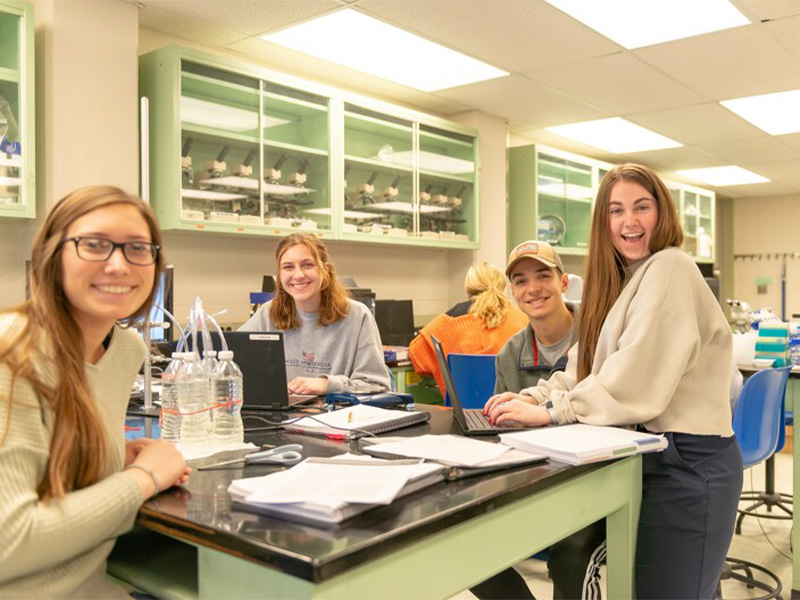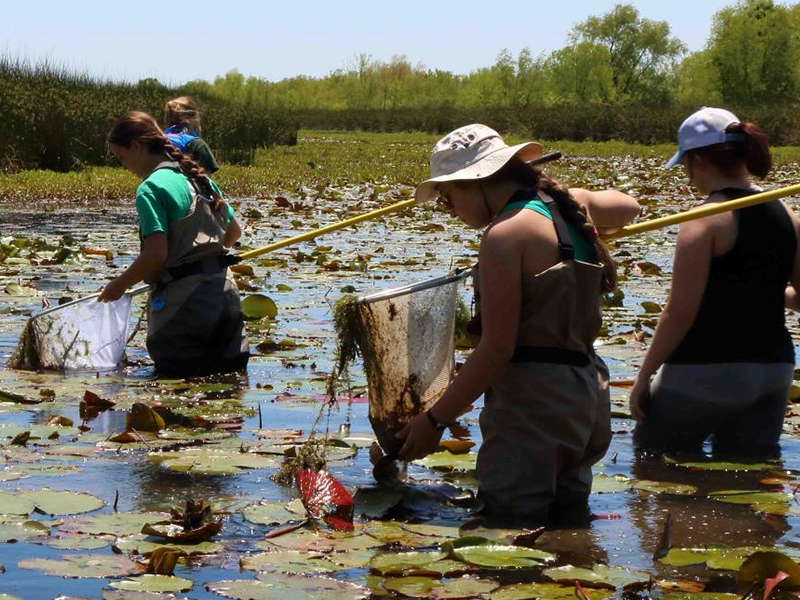Department of Biology
Study Biology at OSU
The Department of Biology offers students the opportunity to explore the living world.
Knowledge of biology is essential for addressing critical medical, environmental,
and social challenges. Our faculty and staff work closely with students in the classroom,
in our research labs, and beyond creating a collaborative and supportive environment
where you can thrive. We offer undergraduate and graduate degrees that will prepare
you for further education and a variety of science-focused career paths.
Undergraduate Studies
Find Your Path
Our students gain a deep and well-rounded understanding of the living world—from molecules
to ecosystems. Building on this base knowledge our students specialize in their degree
options preparing them for careers in diverse fields including health and veterinary
care, environmental and conservation biology, and plant biology. We’re here to help
you discover where biology can take you.
Graduate Studies
Deepen Your Expertise
We offer M.S. and Ph.D. degrees in both Integrative Biology and in Plant Biology,
with opportunities to conduct cutting-edge research across a broad range of fields.
Our programs emphasize close mentorship, interdisciplinary collaboration, and strong
professional support to help you grow as a scientist and scholar.
Scholarships
Opportunities for Support
Explore scholarship opportunities designed to support your academic journey in Biology.
Whether you're an incoming student, a current undergraduate, or preparing for graduate
studies, you'll find a range of scholarships tailored to your goals.
Join Us in Shaping the Future
The Department of Biology strives for excellence in basic and applied research and
instruction in the broad, comprehensive field of biology. The department currently
has 37 full-time faculty members, 90 graduate students in Integrative Biology and
Plant Biology, and over 900 undergraduates in Biology, Zoology, Plant Biology, and
Physiology including degree options in pre-vet, premed, allied health, pre-pharmacy,
environmental biology, and conservation biology.


Make an Impact!
Gifts to OSU have created more than 2,500 scholarship funds, benefitting thousands of students for generations. Make your impact today!




